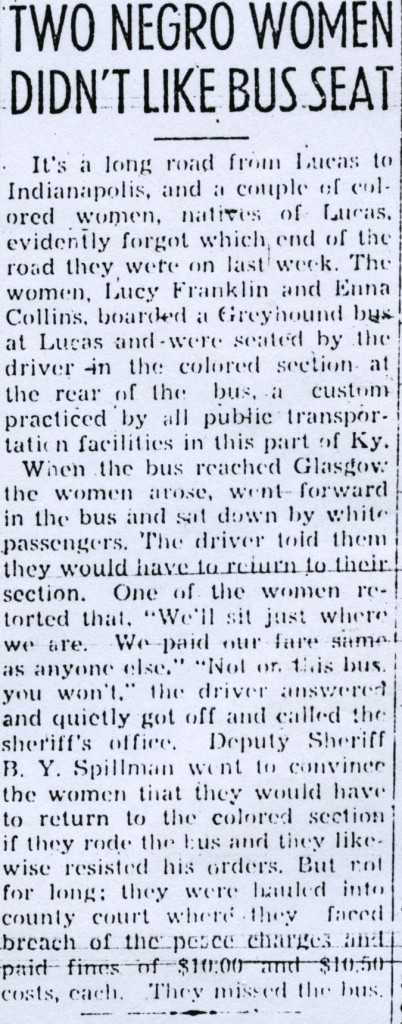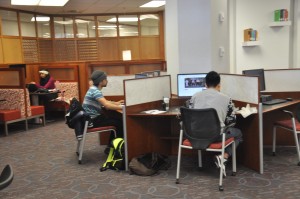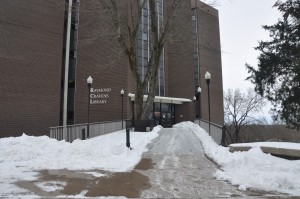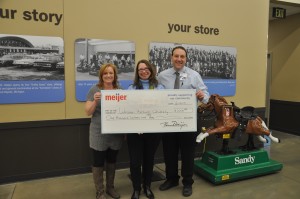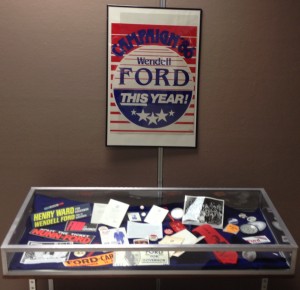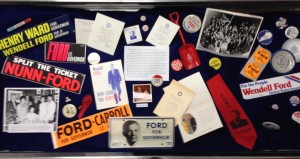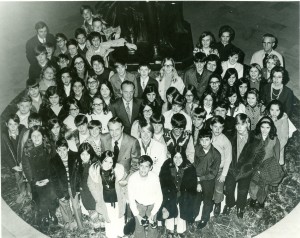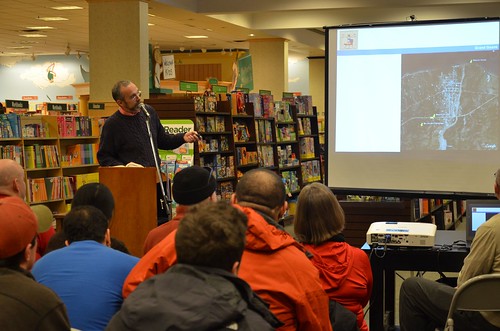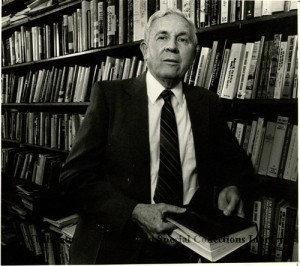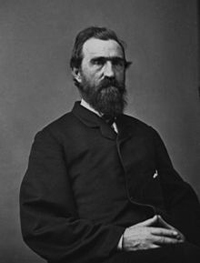During last week’s snowstorm, you might have spent some extra time relaxing with a book. Bowling Green’s long history of literary clubs testifies to its citizenry’s love of the same pursuit, regardless of the weather.
Take the Eclectic Book Club, organized in 1939 by WKU librarian Edna Bothe with the expressed aim of promoting “the mutual enjoyment and mental development that result from the reading and discussion of good books.” Throughout its 65-year history, the club’s members met regularly to exchange books and to deliver programs on travel, famous men and women, and other topics of intellectual interest. Their reading was indeed eclectic–from Random Harvest, Berlin Diary, The Psychology of Christian Personality and God is My Co-Pilot to Famous Kentucky Duels, Essays of E. B. White, Jackie O!, The Bell Jar, Elvis and Me and Seabiscuit. At the conclusion of business, however, all found common tastes in enjoying the refreshments served by that meeting’s hostess, arranging picnics, Christmas parties and pot luck suppers, and taking rueful delight in having a club name that was “more consistently misspelled in the local press” than any other.
The records of the Eclectic Book Club are part of the Manuscripts & Folklife Archives holdings of WKU’s Department of Library Special Collections. Click here to access a finding aid. For other collections relating to Bowling Green’s many literary clubs, search TopSCHOLAR and Ken Cat.


